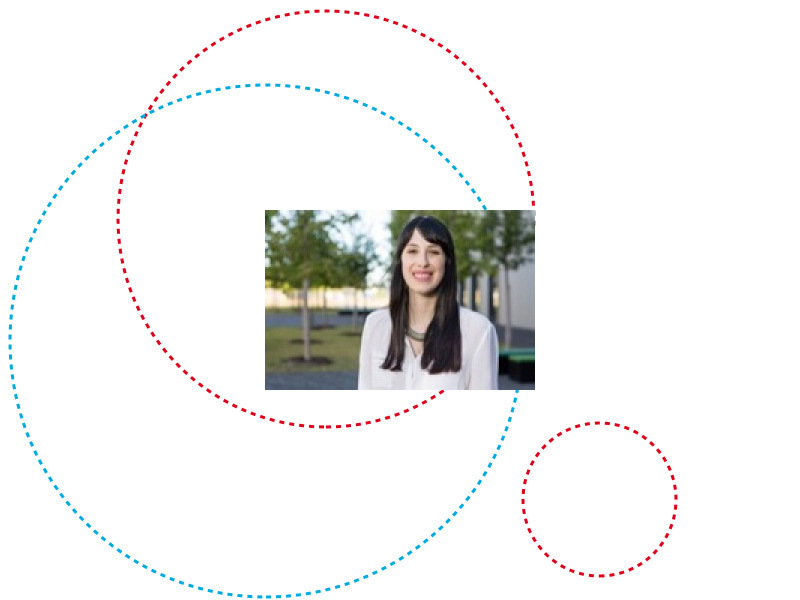In Luxembourg children engage daily in multilingual practices outside early childhood institutions but often face monolingual practices within. Despite research having debunked the need for strict language separation for effective language learning, children are still deprived from drawing on their complete linguistic repertoires. In 2017 Luxembourg has opted for multilingual education in the early years. Teachers and para-professionals are now required to develop the children’s language skills in Luxembourgish, familiarize them with French and value their home languages. Whereas studies have discussed multilingual pedagogies, they seldom examine the children’s active participation and peer interactions in early years settings implementing such inclusive pedagogies.
The present doctoral study is part of the research project MuLiPEC (Kirsch, 2016-2019) which aims at developing multilingual pedagogies through professional development in early childhood (https://mulipec.uni.lu). Drawing on a sociocultural perspective, the doctoral study focusses on eight three-to-five-year old children in two formal and two non-formal education settings and investigates their languaging and interactions with peers and practitioners over a year. Based on multidimensional qualitative methods, the data stem from 65 days of observations and 473 videorecordings of the children’s and practitioners’ language practices during daily interactions and planned activities. In addition to non-formal discussions, 16 semi-structured interviews were conducted with the practitioners. In this presentation, I will, firstly, discuss my methodology and research methods, particularly difficulties I encountered in terms of terminologies in different academic disciplines. Secondly, I will discuss my data analysis which is based on thematic and interaction analysis. Finally, I will give first insights into my findings.
